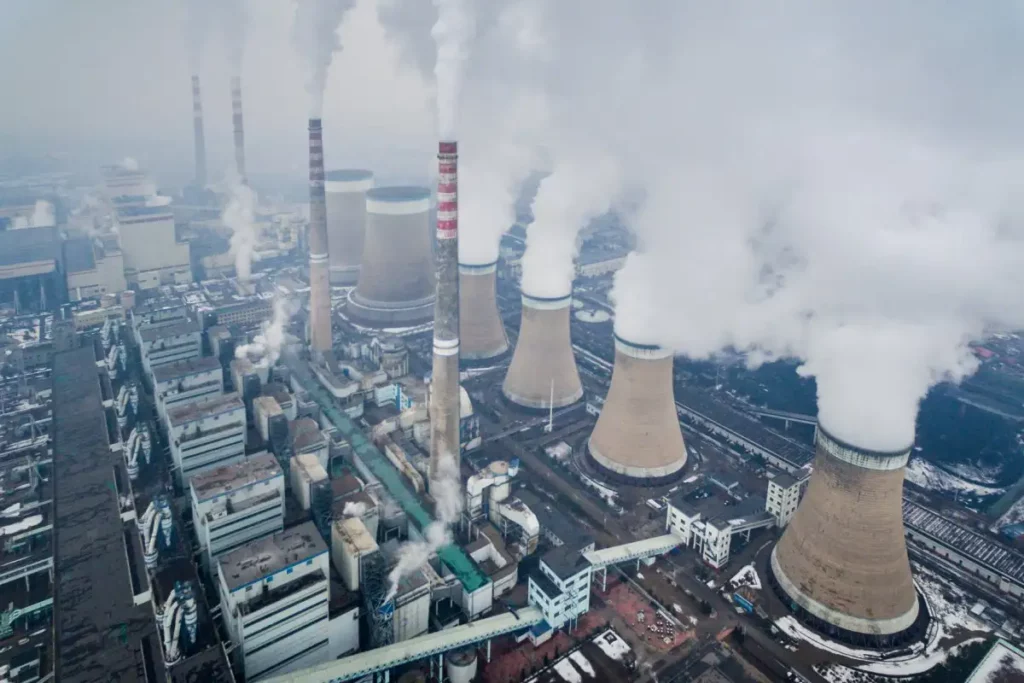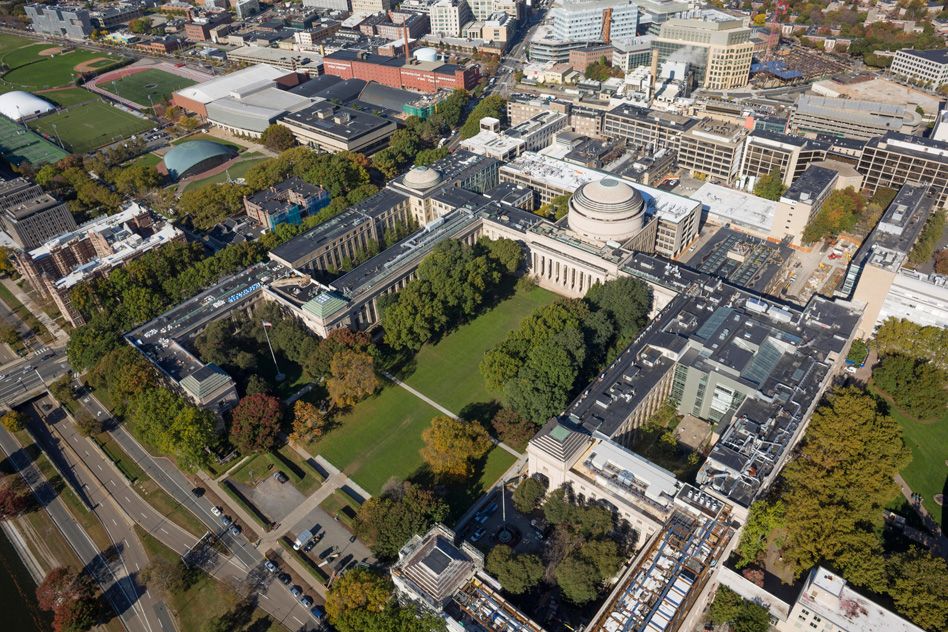Scientific American hails a new study that finds that the right way to influence adults is to indoctrinate children. Of course they have a fancier way of saying it. “The intergenerational model” is “a promising avenue for those of us in climate change education,” says… a researcher in “science education at Stanford University”. Should we also have kids teaching adults how to drive cars, manage household finances or do calculus, and reporting us if we don’t conform to prevailing environmental dogma? All hail Pavlik Morozov.
There is something more than a little creepy about the “children’s crusade” turn climate activism is taking. Kids are cute and passionate and all. But they also famously lack experience, judgement, knowledge, you know, the sorts of things that make for good public policy judgement… or just life judgement. And predictably the Scientific American story kicks off with Greta Thunberg convincing her own parents. Since one of the things she convinced them of is that she can see CO2 with her naked eye it’s a questionable starting point.
The story has a good feminist aspect too. It’s apparently young women who are best at changing the minds of stupid old men, aka dads. So all good things come in bundles.
The story also does the usual “scientists say” thing: “Scientists in the field find the study heartening.” And who might “scientists” be? Well, choose between the usual suspects. Michael Mann? Not this time. Nor Gavin Schmidt. No, with the feminist thing going it’s Katharine Hayhoe.
The actual study, which even has its own poster, not that it’s propaganda of course, begins “The collective action that is required to mitigate and adapt to climate change is extremely difficult to achieve, largely due to socio-ideological biases that perpetuate polarization over climate change. Because climate change perceptions in children seem less susceptible to the influence of worldview or political context, it may be possible for them to inspire adults towards higher levels of climate concern, and in turn, collective action.”
It is to laugh, because the whole point here is to subject unwary children to “worldview” on the sly in order to then sneak up on the adults. It’s not like The Blob, where the kids really discovered something on their own that dopey adults didn’t notice. It’s adults manipulating kids to manipulate other adults. According to Scientific American, “Lawson believes that conversations about climate change were easier because of the level of trust between parents and their children.”
In a way the study represents consistency, unless it’s the blind leading the blind, because the lead author isn’t a professor, she’s a graduate student, Danielle Lawson, of the North Carolina State University College of Natural Resources, Department of Parks, Recreation and Tourism Management. (It isn’t clear what she’s doing a PhD in, possibly tourism management.) Two of her coauthors are her PhD supervisors and the other three are all from the same institution. “Scientists say” is a small circle some days.
Scientific American also cited Nicole Holthuis “a researcher in science education at Stanford University” not involved in the study, who believes that too often “scientists and educators believe that delivering the facts of global warming will be enough to change minds. ‘With this study,’ she says, ‘they’re addressing a critical need to acknowledge that the sociopolitical aspects of climate change make it very difficult for people to take [the facts] in. Maybe we can leverage these intergenerational relationships in ways that can be very productive.’ As a next step, Holthuis would like to see if increasing levels of concern from this curriculum translate into actual changes in behavior.”
Um yeah. If it’s results you want it would be relevant to see if this two-step brainwashing works. It would also be interesting to know whether the 10-14-year-olds who were experimented on (without their parents' knowledge, presumably, as knowing scientists were trying to get at you through your own children would, how shall we put it, bias the study results) still believe what adults told them to tell other adults once they themselves become adults.
We also suspect that if someone were to take a bunch of schoolchildren and tell them manmade climate change wasn’t a real threat, and then see if the sons could convert their mothers, there would be an outcry.
By this point it won’t surprise you to hear that the Scientific American article contained no dissenting voices even on the ethics or efficacy of this approach, let alone anything related to the science. (Oddly, its author is an adult. Perhaps they couldn’t find a 13-year-old able to… nah.)
As for us, we may not be wise but we’re a bit wiser than we were in our early teens. So we’re still on the side of the facts no matter what people in grade or middle school say.



"Maybe WE can leverage these intergenerational relationships..." kinda lets the cat out of the bag, don't it?